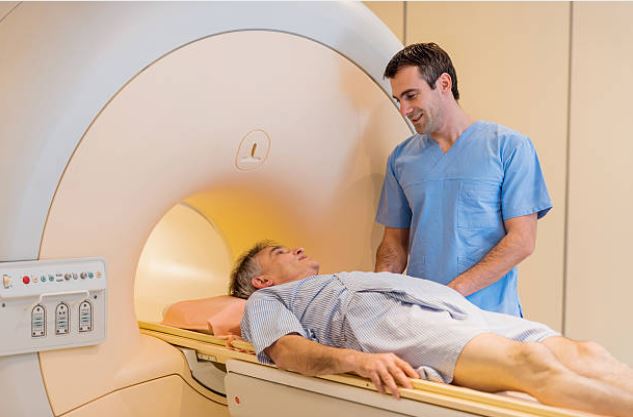Hematology
Blood plays a vital role in regulating the systems of the body, as it supplies oxygen and nutrients to tissues. The blood also transports waste to the liver and kidneys, regulates body temperature, and supplies nutrients and growth factors to a wound to help the repair process.
Hematology is concerned with the treatment of blood disorders. Anemia and blood cancer are two of the most common blood disorders.
Anemia is a condition in which there are not enough red blood cells to transport oxygen to the tissues in the body. Symptoms of anemia include fatigue, shortness of breath, weakness, and dizziness. Treatment for anemia varies but may involve supplements and antibiotics and severe cases may require a blood transfusion.
Blood cancer occurs when abnormal blood cells multiply rapidly and impair the function of normal blood cells. Leukemia, lymphoma, and myeloma are common blood cancers. Chemotherapy is typically used to treat blood cancer. Cancer treatment aims to destroy the abnormal cancer cells and prevent them from growing.
Hepatology
The liver performs a range of vital body functions and provides support for almost every other organ in the body. It helps regulate toxins, process nutrients, digest food, and more. Therefore, optimal liver function is essential for maintaining a healthy body.
Hepatology concerns the treatment of acute or chronic liver diseases like hepatitis and cirrhosis. The treatment will vary depending on the severity of the condition but may include medications, lifestyle modifications, or surgery.
If you have liver disease, the goal of our treatment protocol is to identify possible risk factors and help you maintain the health of your liver.




